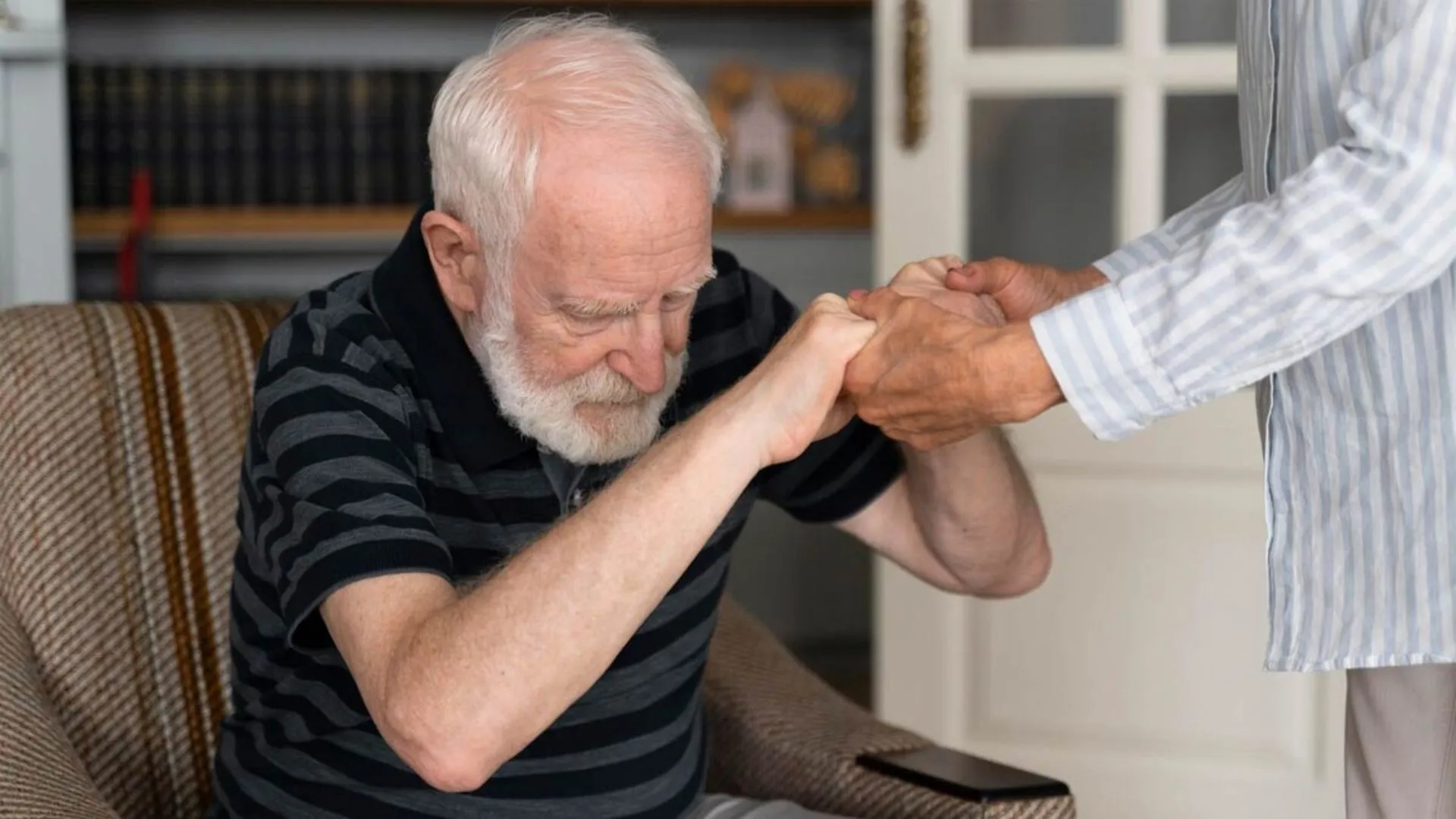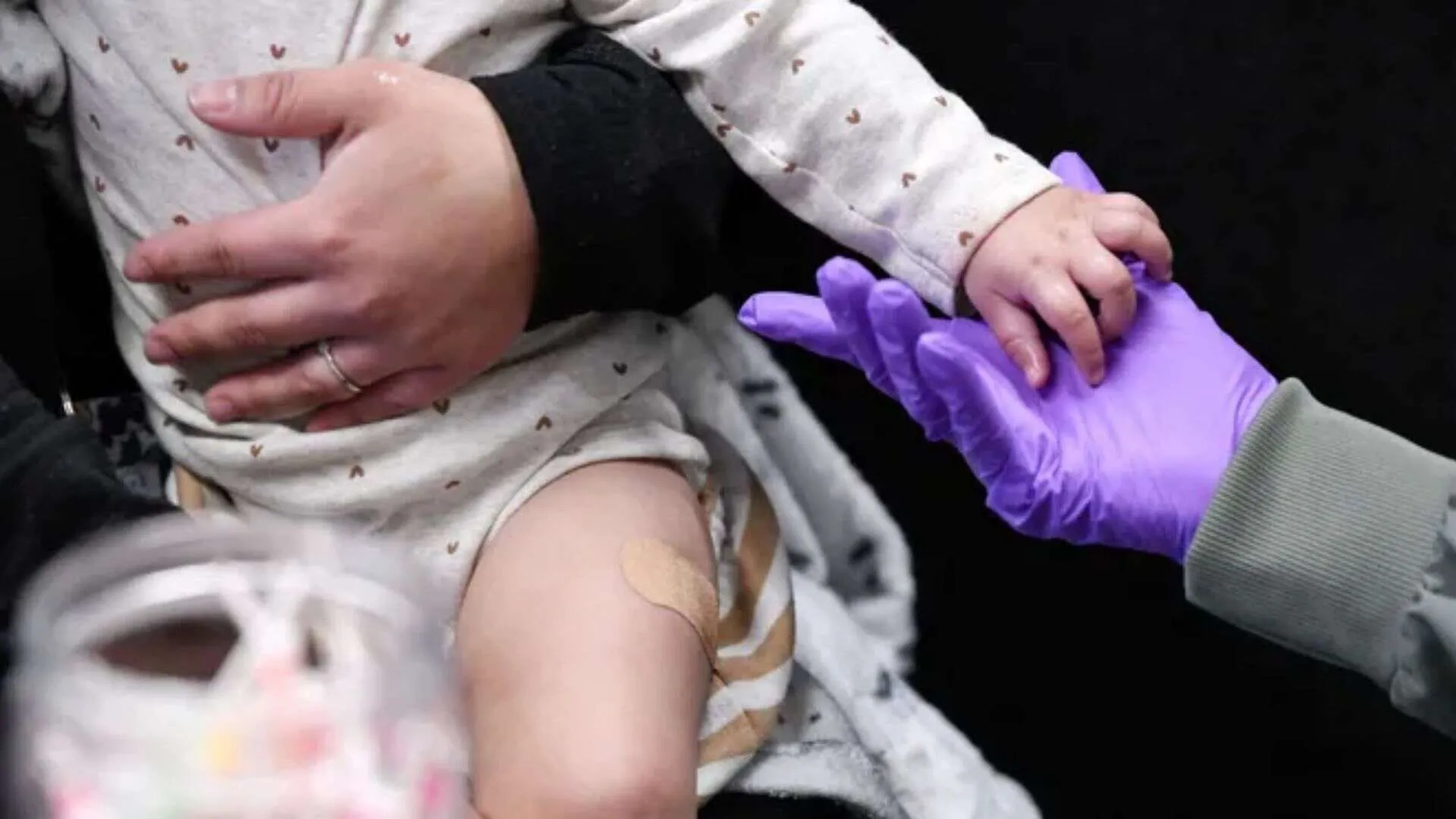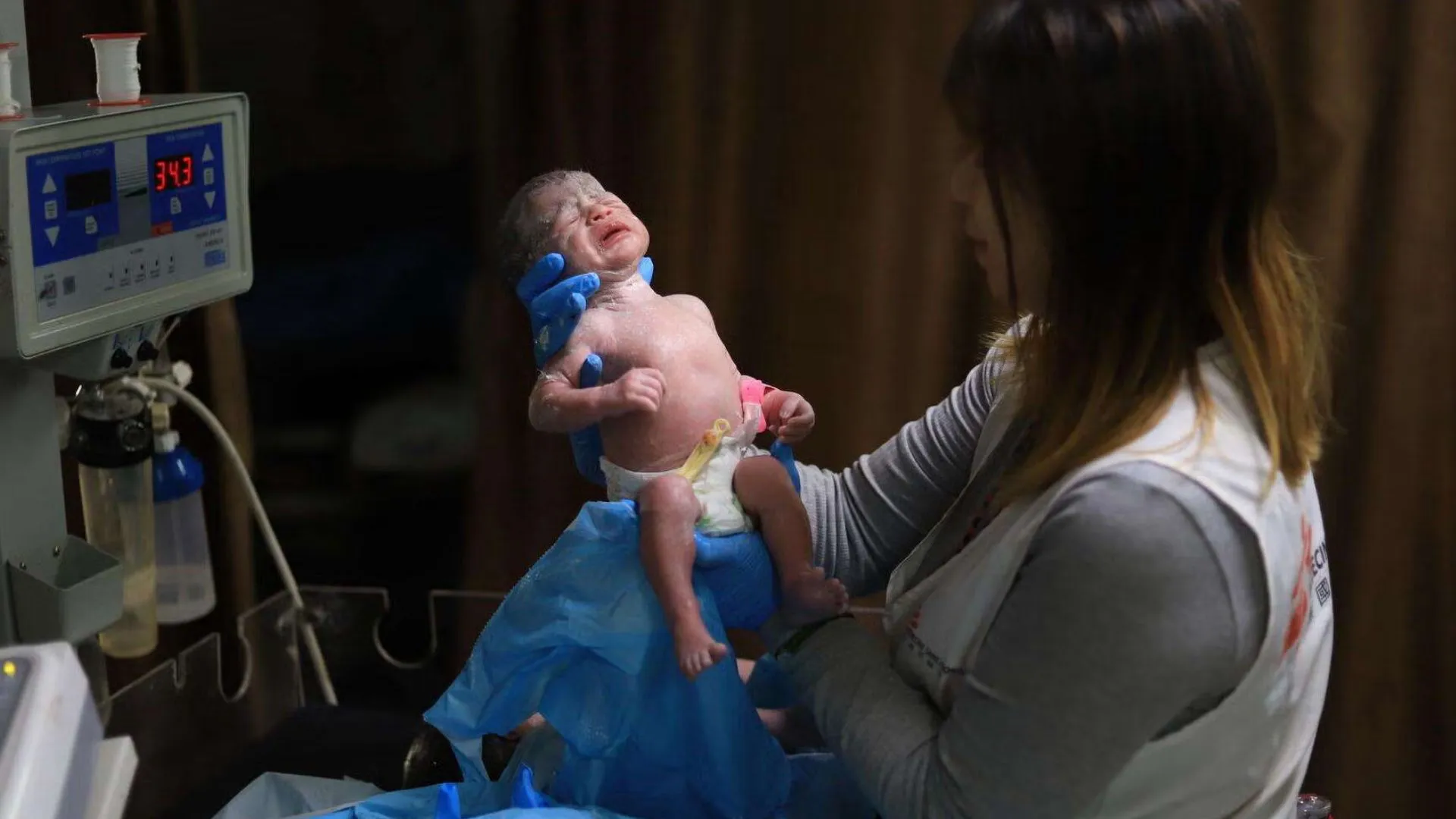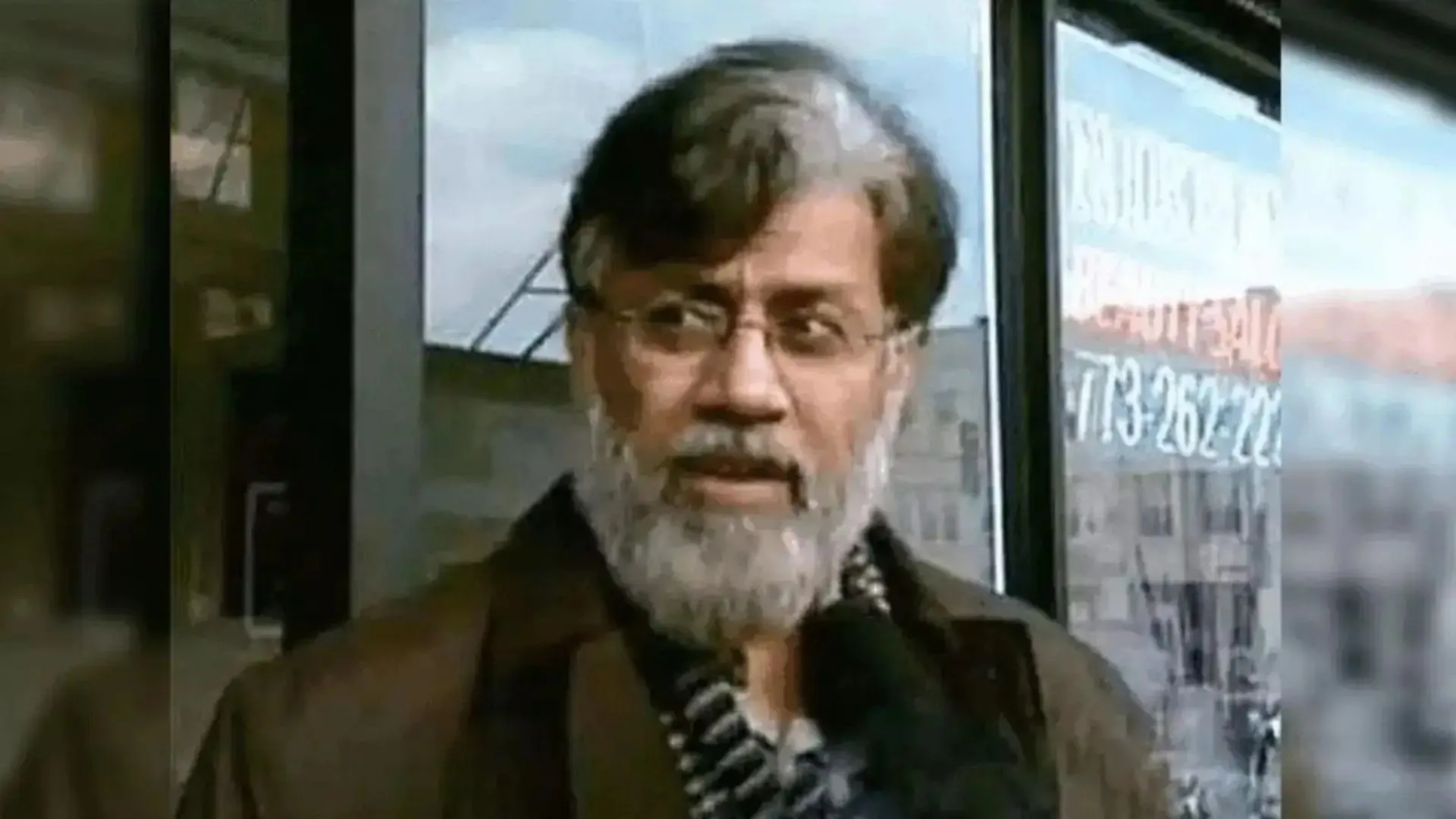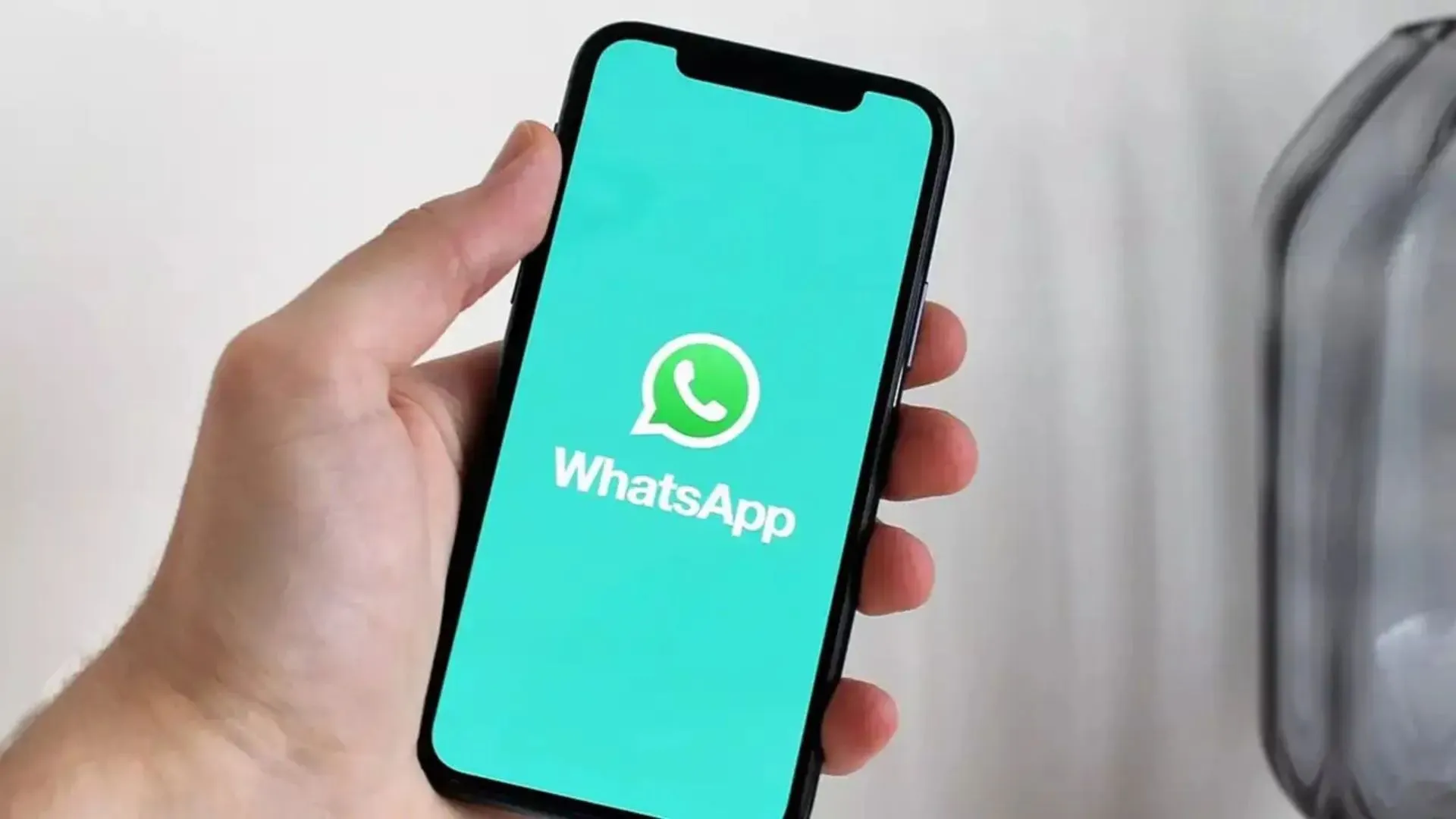We all know that our eyes are the windows into the world around us. But close your eyes for a moment and experience the darkness, and try to absorb it for a while. Isn’t it dark hard?
Well, for some or some people, the momentary darkness you experienced a while ago … is a permanent reality. People can experience loss of sight due to various reasons—some are born with no sight. Others may have lost their vision due to health complications. Either way, it is a hard life to live. A blind individual faces double the challenges while navigating through everyday life.
Through advancements in medical science, blind individuals with corneal defects still stand a chance at a normal life, with the help of eye donation.
The Cornea is the outermost transparent layer of the eye just like the watch glass. It focuses the light and acts like a lens in the camera. The Cornea is normally crystal clear and if it becomes clouded, the vision becomes very hazy. There are many reasons the Cornea can be damaged, including infections, injury, previous eye surgery and corneal diseases.
India has nearly two million blind people due to corneal disease alone. When the diseased Cornea is replaced, the vision can be restored in a majority of patients. This procedure is called corneal transplantation, and the term eye transplant means the same.
A deceased person who donates the cornea is the donor, and the donor’s eyes are retrieved, stored, and distributed by the eye banks. One donor can help two people with corneal blindness, and this way a deceased person can help people even after death.
WHO CAN DONATE?
Every individual can make a choice of donating their eyes in the event of death. The only exceptions are those suffering from Sexually Transmitted Diseases and communicable diseases. There are myths that hold families back from gifting sight to the blind.
Myths:
• Only a certain age group can donate
• Patients with diabetes and BP cannot donate
• Patients with previous cataract surgery are not good candidates
• Patients who are blind cannot donate
• Patients who had laser vision correction (Lasik)
• The deceased is left with disfigurement after eye donation
Facts:
• Age is not a bar. Anyone can donate irrespective of age, sex, religion, or blood group
• Patients with diabetes and BP can definitely donate
• Previous cataract surgery and laser vision correction (Lasik) does not affect donation
• Patients who are blind due to causes other than corneal disease can donate as the cornea is likely to be still healthy
• After the donor eye removal, artificial eye caps are used to close the eye which retains the eye shape, and hence no disfigurement happens after donation
• Corneas that are unsuitable for restoring the sight can still be used for emergency purposes, research, and experiments
Conditions where cornea is not acceptable:
• When the cause of death is not known
• Any underlying transmissible disease like AIDS, Hepatitis B, etc
• Death due to Rabies (following dog bite)
• Infection that has spread extensively
• Advanced Cancer and TB
HERE IS HOW CAN ONE BE A DONOR
• You can register yourself as a voluntary donor with an eye bank by filling an eye pledge form or through online registration. The received pledge card is to be kept with you all the time. Most importantly, inform the next of kin about your willingness to donate
• Even if you do not register, the next of kin can donate the eyes of the deceased without any legal hassle
HOW CAN ONE HELP WHEN A RELATIVE DIES
• The donor’s eyes need to be surgically removed within the first few hours of his/her death, for their donation to be medically approved
• The next of kin informs the nearest eye bank, even if the deceased has not registered
• Get the death certificate soon
• Keep the eyes of the deceased closed and keep an ice pack or moist cotton over the eyes
• Keep AC on and switch off the fan
• Allow the eye bank staff to carry on the eye retrieval
Remember, Eye donations are an act of medical charity and thus it is exempted from all costs.
Selling, buying or brokering in the name of donation is a criminal offence under the rule of law. Transplantation surgery depends upon the priceless gift of Cornea donation from one human to the next. After our death, let our eyes live in this world by giving a new life to the blind!
The writer is HoD, Ophthalmology, Fortis Hospital, Mulund.


